The Sequel to “Sicario” Pulls No Punches
Jul 16, 2018 • Macky Macarayan
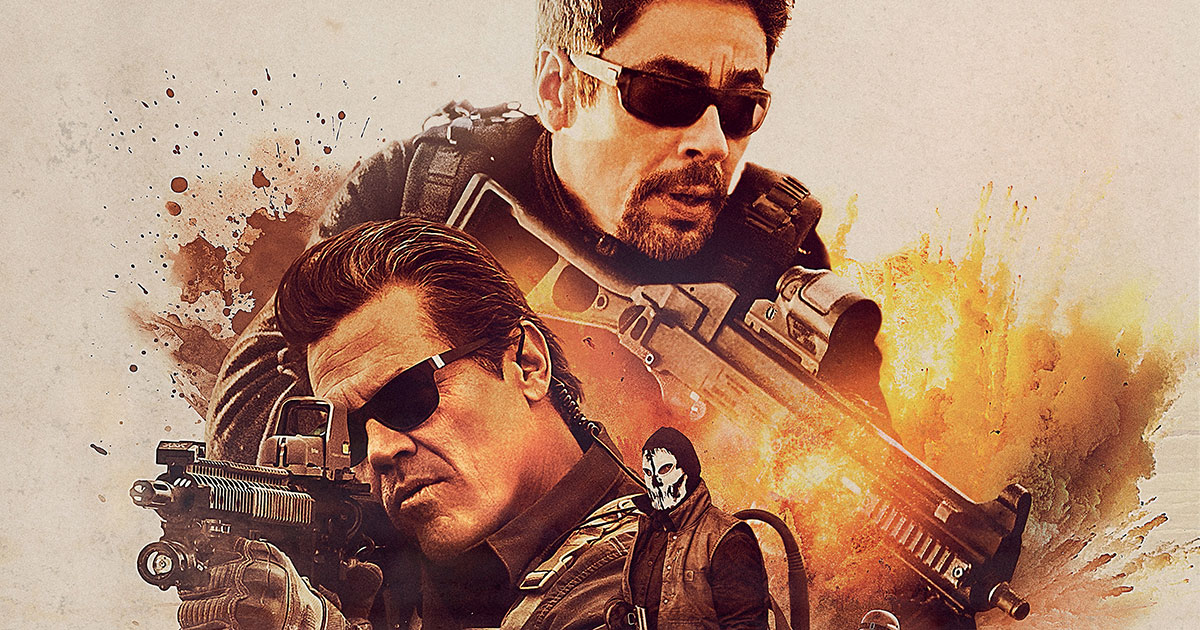
Jul 16, 2018 • Macky Macarayan
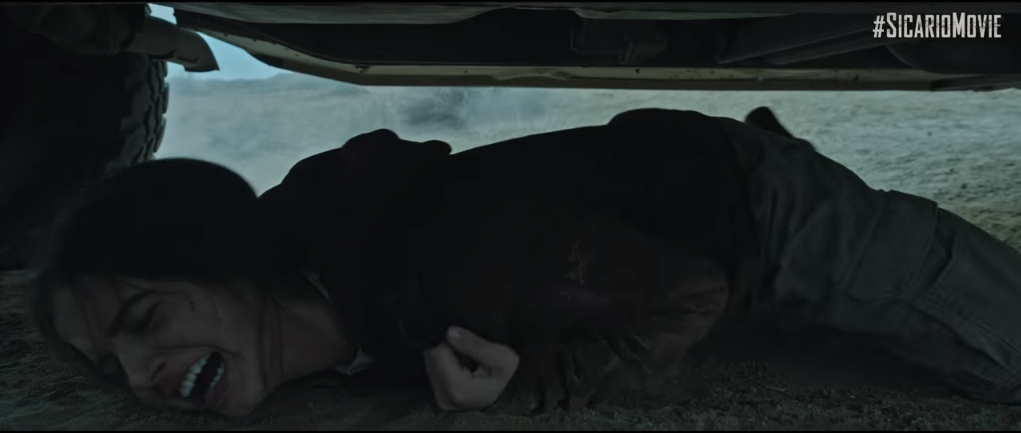
The script of “Soldado” is something to be admired because of the parallelism between its two new characters, the young heiress Isabella and a boy named Miguel, who is about to become a part of the Matamoros cartel. Isabella’s journey is from her sheltered, privileged world into the murky political war between U.S. and Mexico; meanwhile, Miguel, from the initial taste of easy money, crosses the point of no return, leading him to a life of crime.
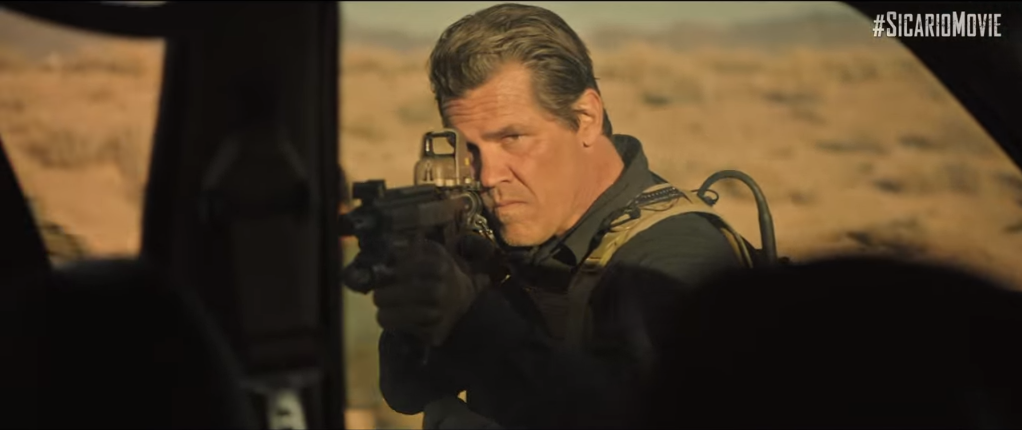
In “Sicario,” Brolin’s Graver was presented as a government drone; you just point him in the direction you want to then press fire. Here, he’s still the same government drone, but we learn that he has a soft spot for innocent children. Meanwhile, Del Toro’s Gillick was cold, calculating and ruthless in “Sicario,” but here, we see his vulnerability; and after that, we witness how invaluable he really is.
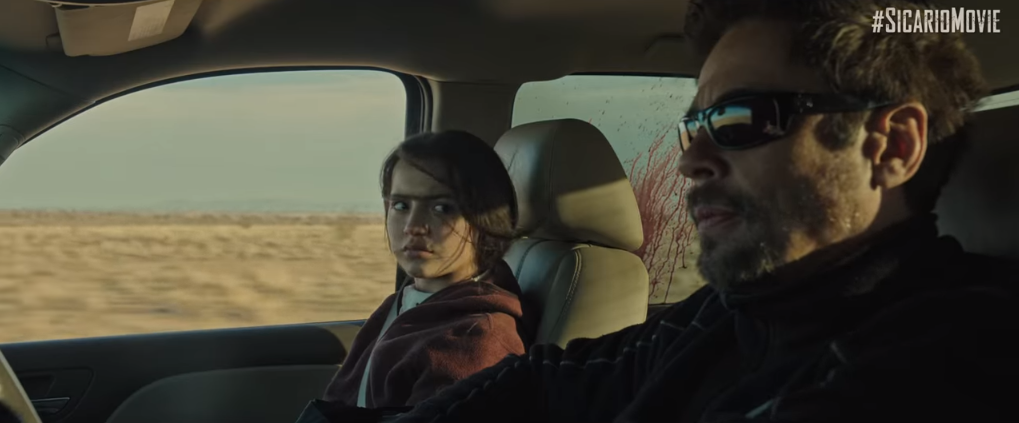
War always has its casualties, and in “Soldado,” the two young characters are pawns in a chess game played by adults. Hence, the children are forced to play like adults, instead of being able to enjoy their childhood. War is always messy, and children always lose; in the event that they survive, they are never whole again.
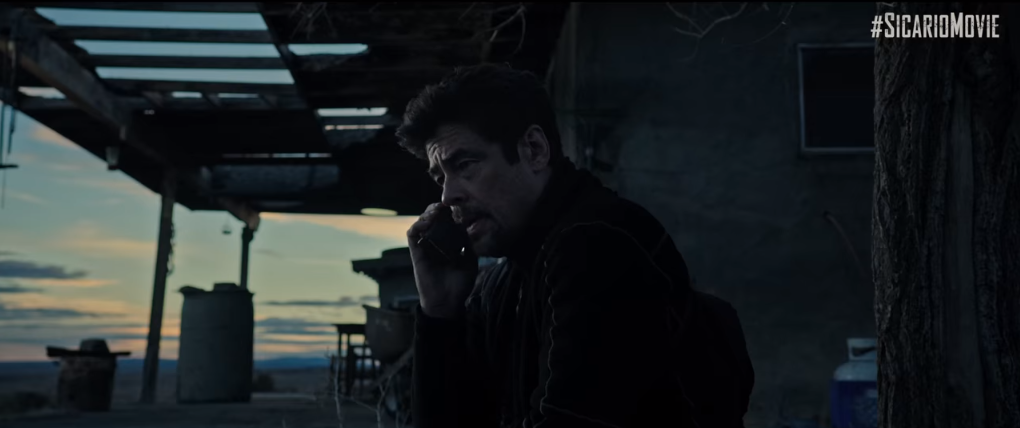
Whereas the first film was more concerned with the morality of cross-border operations and black ops, “Soldado” deals with the humanity among man’s inhumanity. Isabella is a very crucial character because it allowed both Graver and Gillick to face their own demons, as they become torn between duty and conscience. For a film that is overtly political, “Soldado” is as tenderly humane as they come.
What did you think of the movie? Tell us below!
Pages: 1 2
Input your search keywords and press Enter.
